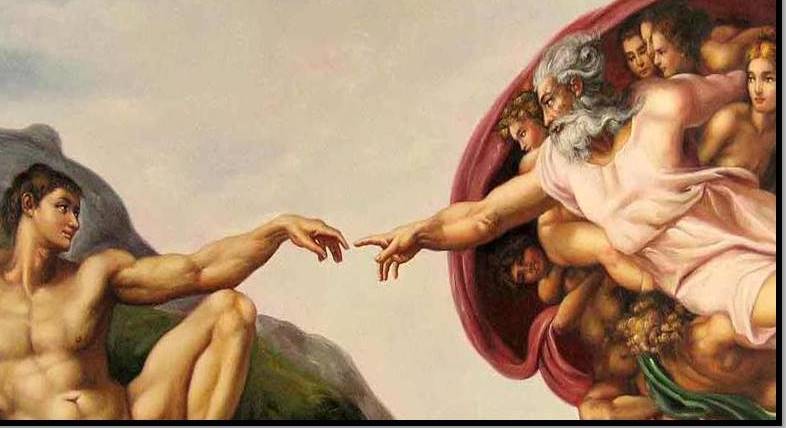I’m trying to understand the backlash to diversity, equity, and inclusion. Apart from feelings of a loss of control or a shift in social favoritism (privilege), is there a rationale that securing equal opportunities for a diverse group of marginalized people is a bad idea? To be clear, my perspective as a white male now retired may not reflect the wide diversity of marginalized groups, but it does reflect my experience.
Have I lost opportunities because of a commitment to DEI in organizations? The question is complex, so here’s why. Yes, I have lost job opportunities for which I studied to candidates representing greater diversity. But these candidates possessed better credentials than I did. Where I had completed a Master’s and Doctoral degree, they had completed several just to be considered. At one university, I was bumped out of a full-time professorship when it sought to become more diverse in its faculty. Diversity of perspectives, both academically and culturally, was a good idea for an educational institution that drew students from all around the globe.
But I was still disappointed. I still taught as an adjunct, and in that capacity, I was privileged to build friendships with those hired to pursue the University’s diversity goals. Eventually, they were a pleasure, encouragement, and enrichment to me. The obstacles they had overcome, their experiences in their fields, and the graciousness with which they related to others all modeled for me what the best of being human was all about. My choice to remain engaged rather than embittered helped me gain a deeper appreciation of the power of diversity.
I once worked in a company that regularly bid on government contracts. Our ownership and management team had to meet diversity standards. Did that diminish our skill, talent, and effectiveness? Nope, it increased them; we were better at meeting the needs of our diverse marketplace. We became better internal communicators as we had to work through differences in assumptions and values. No one lost opportunity; we all gained.
Everything we do structurally/organizationally to correct wrongs is imperfect. That is why leadership calls for a keen ear and a humble attitude. We make changes; then we see the unintended consequences of those changes. Were the initiatives bad at the start? Sometimes, they were. In others, the initiative was good, and experience refined it.
In hanging around God, the Christian God, the incarnate one, I have learned to brace myself for diverse experiences. God invites everyone, regardless of culture, social status, gender, or political persuasion, into an upside-down Kingdom that calls us to serve one another. The way Jesus framed the work of God is unsettling to every existing power structure, religious, political, social, or personal. Even a quick perusal of the sermon on the mount reveals that Jesus’ calling to us is not only radically different from what we are accustomed to, it is also radically transforming. The disciples wrestled with the diversity of Jesus’ work. They questioned his conversation with the Samaritan woman – she had two strikes against her; she was a woman and a cultural outsider. They questioned Jesus’ time with tax collectors (they were traitors and unpatriotic) – Jesus refocused them on the purpose of his ministry. They shunned the ministry of those outside their group – Jesus rebuked them. They argued about who would be the greatest among themselves – revealing their zero-sum approach to life – Jesus embarrassed them by pointing out that they had to become like little children (not immature but adventurous, accepting, and learners).
I am not suspicious of DEI initiatives; they reflect, however imperfectly, the diversity of the ecclesia. Considering this, the church should applaud DEI efforts and hold those who seek to diminish, remove, and castigate such efforts in an embrace of loving confrontation. Can we do better? Yes, but starting with declarations that DEI is just another form of racism smacks of the kind of fear, suspicion, and bias that makes initiatives like DEI essential to keep. The question I constantly have to ask myself is, do I reflect the upside-down kingdom of God or just my own cultural biases and upbringing that I find is often an impediment to God’s working.?

